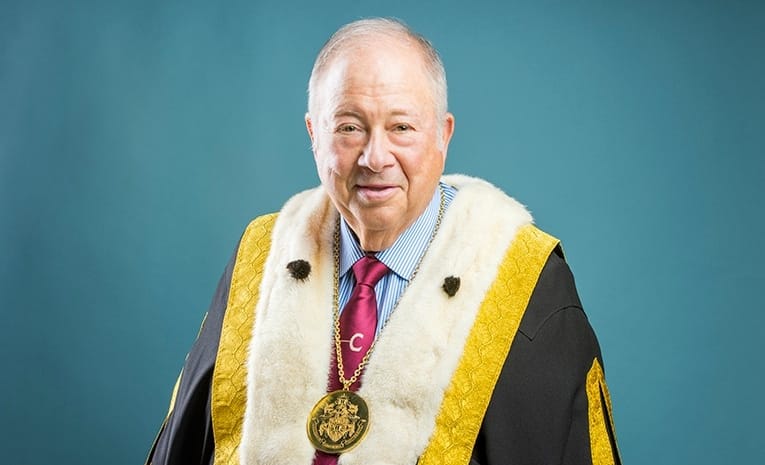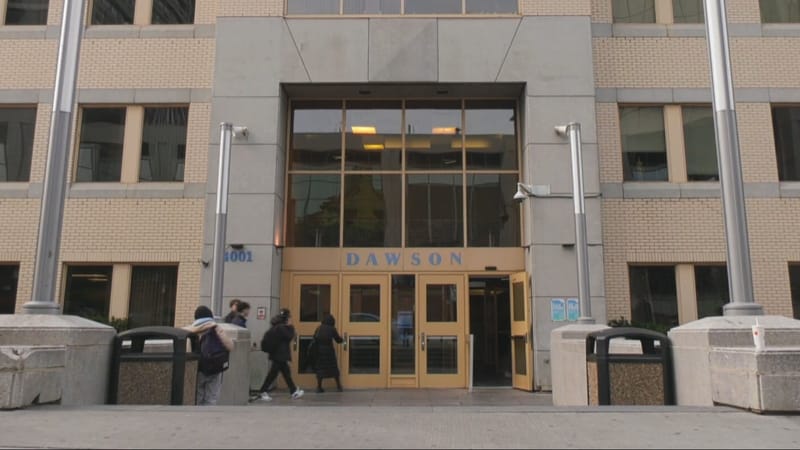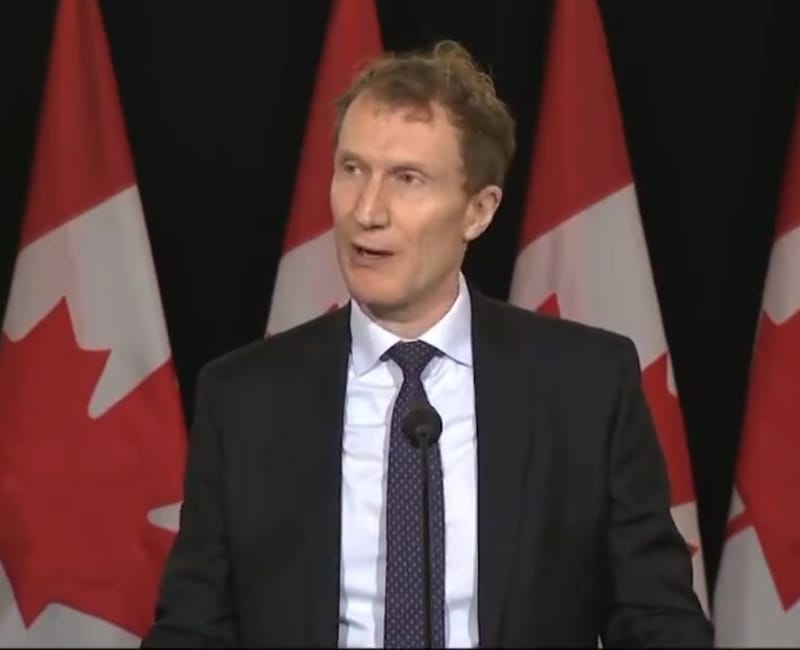Enrolment cap on Quebec English junior colleges questioned in official languages report
Raymond Théberge said in a report released Wednesday that he’s also worried about the province’s decision to raise tuition for out-of-province students at the university level.

Canada’s official languages commissioner has voiced concerns regarding Quebec’s decision to limit the number of students allowed to enroll in the province’s English-language junior colleges.
In a report released on Wednesday, Raymond Théberge expressed worry about the province’s decision to increase tuition for out-of-province students at the university level.
“Quebec’s English-language post-secondary institutions have grave concerns — and I share these concerns — about the impact of these measures on their student enrollment and on their financial sustainability,” he stated, noting that two universities are challenging these measures in court.
The cap on junior college enrollment, known as CEGEP, was implemented as part of Quebec’s 2022 language reform, which also requires additional French classes for students.
Théberge emphasized that Quebec’s English post-secondary institutions play a crucial role by exposing students to a French environment, even when studying in English. “Quebec’s English-language universities, CEGEPs, and colleges are part of the solution, not part of the problem,” he wrote. “These institutions can play a leading role in societal efforts to protect and promote the French language. Given their national and international profile, they can be a valuable resource for students who seek a post-secondary education experience in English while being immersed in the French language and culture.”
According to the language law, the proportion of students enrolled in English CEGEPs must not exceed 17.5 percent of the province’s total student population.
Théberge refuted the notion that English speakers in Quebec do not value French as the province’s common language, pointing out that 71 percent of Quebec anglophones are bilingual and that most use French in their daily lives.
During a news conference on Wednesday, Théberge urged the Quebec government to consider how its policies affect the English-speaking community. “I think Quebec must take measures to keep French alive on its territory, and in this way also ensure the survival of French across the country,” he stated in Winnipeg. “But it must always take into account the impact of (its) decisions on the vitality of its minority community.”
In a different section of the report, the commissioner expressed “very concerned” about a controversial directive that raised fears the province was limiting access to health care in English, while also expressing support for a revised version published last month that clearly reaffirmed the right to English care. “Providing health care to all Canadians in the official language of their choice is a matter of basic safety and respect, and all governments should be striving to do just that,” he wrote.
The report also examined the challenges faced by French speakers outside of Quebec in accessing services in their own language, including in daycares. Théberge noted that staff shortages exist throughout the daycare industry but are particularly severe for French-speaking staff. “The widespread shortage of educators has already made headlines across the country, but francophone minority communities also have to deal with the fact that they have smaller pools from which to recruit staff,” he wrote.
He further stated that the lack of French-language daycare spaces “forces many parents to enroll their children in nearby English-language childcare centers, making future generations vulnerable to assimilation.”
Théberge indicated that he would closely monitor how language clauses included in the federal-provincial $10-per-day daycare agreements are implemented, urging the federal government to establish processes to evaluate and oversee their outcomes.





